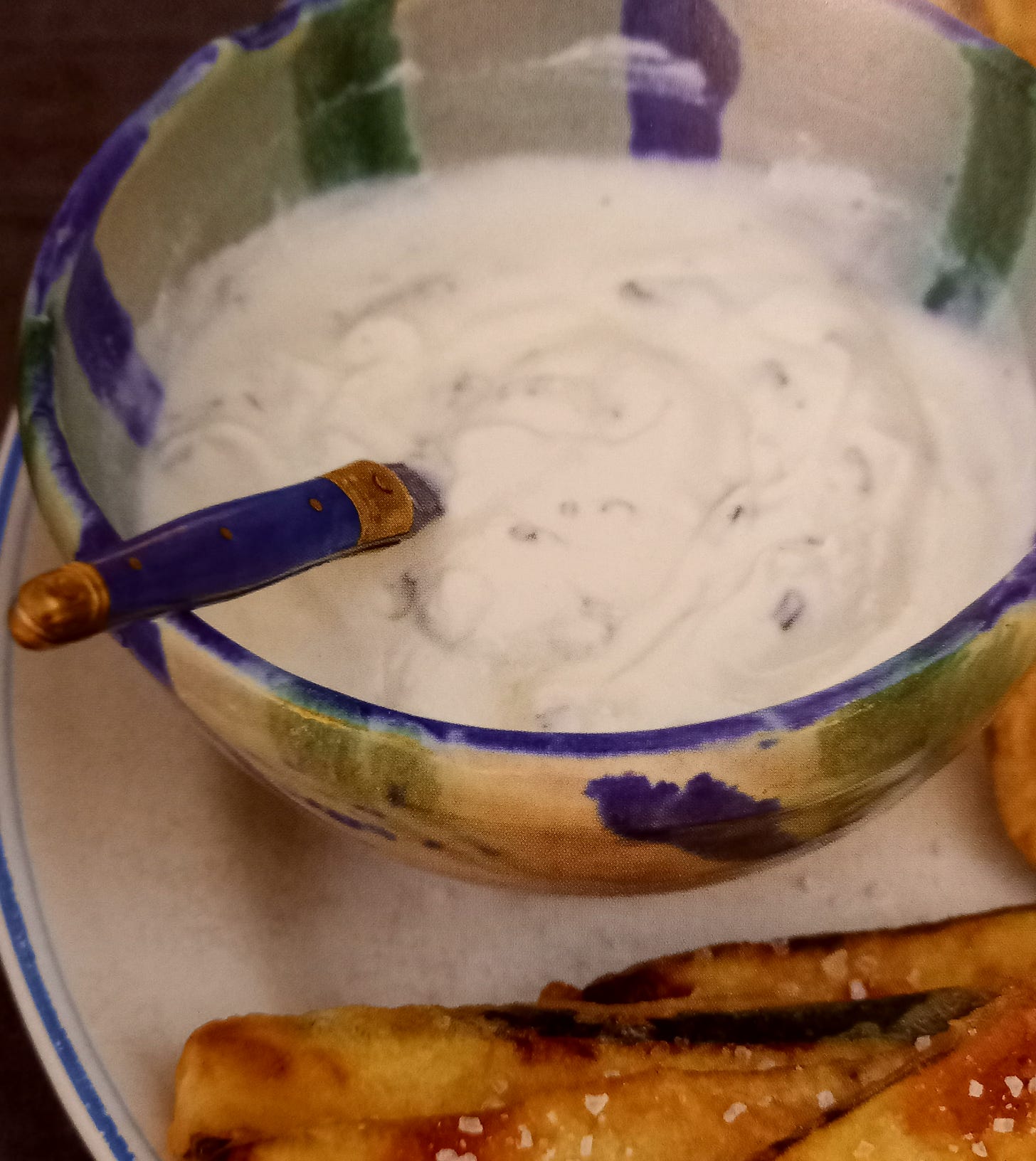As they struggle to advance, feral Russian soldiers are raping their way across Ukraine.
They are also pillaging, pillaging the farms and smallholdings they march through, slaughtering the animals to feed the poorly-provisioned Russian army.
Before the war, Ukraine was a significant exporter of livestock and poultry. But along with the war, an outbreak of African Swine Fever has made exporting pork impossible. Before the war, Ukraine was the world’s eighth largest exporter of poultry meat, predominantly to the Middle East and North Africa, and also to Sub-Saharan Africa where hunger is the highest in the world. Supplies to those markets have been severely diminished by the war.
Did anyone realise, until war broke out, how important is Ukraine to the world’s food supply? Among hoi polloi like me, I doubt it was generally known. (It may not even have been commonly known where Ukraine is…to the right or the left of Russia?)
Most of us read with some surprise that Ukraine was the breadbasket of Europe - until the war impacted the production of wheat for bread and flour. You can’t reap or sow in war. But even if you could, how do you export your crops? Mines were placed by the Russians at the Black Sea agricultural ports of Odesa, Chernomorsk, Ochakov and Yuzhnyy. Turkish authorities have warned ships in the region that the mines may break off and begin to drift, creating a navigational hazard and perhaps affecting your sailing holiday.
Who knew the country was also a crucial provider of sunflower oil. Now add to the conflict a poor Canadian rapeseed harvest and high global demand for vegetable oils, the ban last week by Indonesia of exports of refined, bleached, and deodorized palm oil. This ‘olein’ is used for industrial cooking, and in processed foods from chocolate, cookies and ice cream to margarine, packaged bread, pizza dough and instant noodles.
Indonesia accounts for over half global palm oil exports. The announcement comes as exports of Ukrainian sunflower oil have plummeted. As global stocks fall, demand for vegetable oils has boomed.
What is concerning is the likely rise in food adulteration as manufacturers look to other sources to cover the lack of sunflower oil. But we shan’t be made aware of it. Along with some European governments, the UK has begun to let manufacturers use rapeseed oil and other oils without altering the labelling on products that include them. Some of them will have different compositions of fatty acids that will change their nutritional value.
War in Ukraine could lead to a rise in food adulteration cases as manufacturers look for alternatives to sunflower oil. During Covid, the European Food Safety Authority estimated that food fraud incidents rose 30 per cent. In the past, sunflower oil has been found to be adulterated with edible and non-edible oils such as castor oil and paraffin oil. Yes, you read that right - paraffin, that fuel component for lamps, heaters and jet engines. Also solvents.
There is, too, a danger of allergens, such as the cheaper peanut oil being mixed into oils without being declared on packaging. I don’t want to be typographically shouty here, but peanut anything is to some people FATAL.
Another unexpected consequence of the war in Ukraine is the depletion of fishmonger stocks of cod and haddock. 70 percent of the world's supply comes from Russian boats fishing in the Barents Sea. Prices have begun to rise - 40-50 percent in the last week, and will likely rise further. Given the scarcity of vegetable oil and the increase in the cost of cooking energy, don’t be surprised by a plate of cod-and-chips costing £20/$25.
Globalisation? You’re looking at the downside right now.
If we must return to steamed or poached or grilled chicken or vegetables or fish - healthily advantageous, I suppose - here’s a recipe for a sauce using only a small amount of olive oil yet making a large quantity of an alternative vinaigrette, perfect for the spring vegetables and salads now coming in:
Just whizz together 120 ml/½ cup tahini, the same of water, the juice of one lemon, 1 tablespoon olive oil and 1 of vinegar, 1 clove of finely chopped garlic, ½ teaspoon ground cumin, ½ teaspoon paprika or cayenne pepper, salt to taste. This is also delicious on a South East Asian style cold noodle salad with strips of poached chicken, and cucumber and scallions sliced on the diagonal, chopped coriander/cilantro leaves sprinkled over.
Here’s another, for a sauce or dip that readily substitutes for mayonnaise. (No need to make the point that there's no need for a mayonnaise substitute as it's made with olive oil, still plentiful. Chefs don’t want you to know this, but they make it with a bland vegetable oil then add flavour with a final tablespoon or two of olive oil.) This sauce is an elevated version of Greek tzadziki and goes with meat, chicken and fish, poached or grilled, and vegetables steamed or griddled or barbecued, and cubes of bread, or a clean forefinger dipped into it and sucked. Thin it out and it becomes an alternative dressing for a crisp salad.
Beat 50g/¼ cup of crème fraîche into 200g/7oz of fromage blanc or ricotta. Season to taste with salt and freshly ground pepper, then blend well with 1 tablespoon of chopped chives, 1 tablespoon of finely chopped parsley, and 2-4 peeled finely grated cloves of garlic - it’s up to you how much. If you have them, for a more complex flavour, add a little chopped chervil, tarragon, and mint - one or all three.




Enjoy your blog and am wondering if you would consider doing a feature on lavender, how to know if what you buy at the farm market or grow yourself is the edible variety, how to cook with fresh lavender, make flavored oils, flavored sugars etc with it, and tips for adding it to foods. Thanks! Dianne Olson, mrs.matisse@me.com